distilling essential oils.
robynlacy
22 years ago
Related Stories
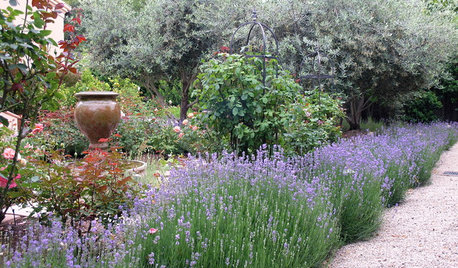
FLOWERSHerb Garden Essentials: Grow Your Own Fragrant Lavender
This do-it-all plant is ideal for almost any garden, and its uses are abundant around the home
Full Story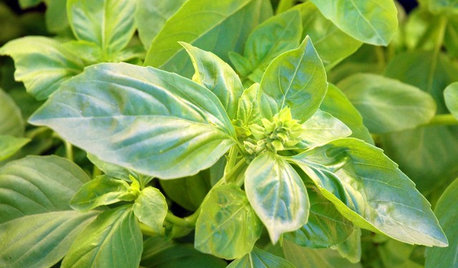
SUMMER GARDENINGHow to Grow Basil
Bright color, quick growth and endless uses for cooking make this summer annual a winner in the garden or a pot
Full Story
HOUSEPLANTS8 Essentials for Healthy Indoor Plants
Houseplants add so much to our homes — and can thrive when grown in the right conditions. Keep these tips in mind
Full Story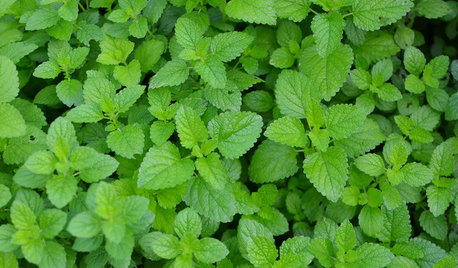
EDIBLE GARDENS12 Essential Herbs for Your Edible Garden
Make home cooking and drinks even better with herbs plucked from your own backyard or windowsill pot
Full Story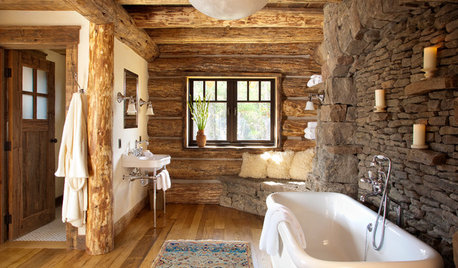
FEEL-GOOD HOME10 Essentials for Enjoying a Spa-Like Experience at Home
These ingredients will help create a bathroom setting conducive to relaxation
Full Story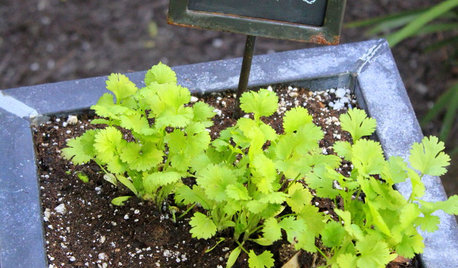
GARDENING GUIDESHerb Garden Essentials: Versatile Cilantro Adds Flavor to Herb Gardens
Love it or hate it, this cool-season herb contributes its unique flavor to any number or the world’s cuisines
Full Story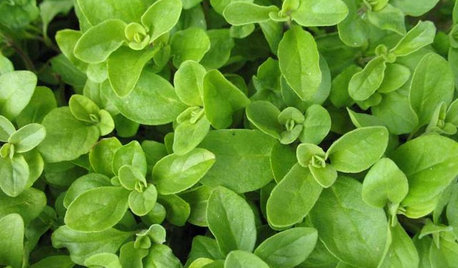
EDIBLE GARDENSHerb Garden Essentials: Grow Your Own Oregano and Marjoram
Say 'buon giorno' to classic Italian herbs you can grow just as easily in pots as in the summer garden
Full Story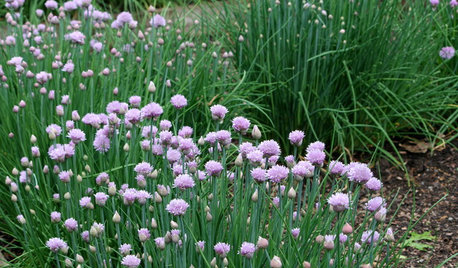
HERBSHerb Garden Essentials: How to Grow Chives
This decorative and delicately flavored herb from the onion family is easy to grow indoors and out
Full Story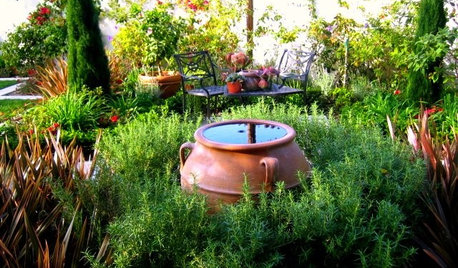
GARDENING GUIDESHerb Garden Essentials: Grow Your Own Rosemary
With its invigorating scent, easygoing nature and ability to make dishes sing with flavor, rosemary may become your new best garden friend
Full Story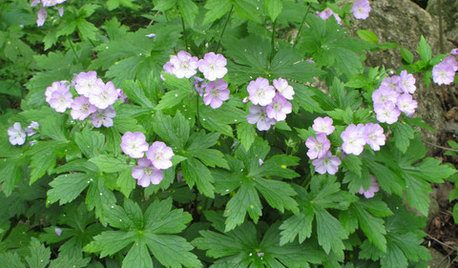
NATIVE PLANTS10 Essential Native Perennials for the Great Lakes and Upper Midwest
These adaptable native plants thrive in a variety of conditions and will provide flowers throughout the season
Full StoryMore Discussions






Sheila7863
robynlacyOriginal Author
Related Professionals
Maple Valley Landscape Architects & Landscape Designers · Windham Landscape Architects & Landscape Designers · 70037 Landscape Architects & Landscape Designers · Brookline Landscape Contractors · Hicksville Landscape Contractors · Lehigh Acres Landscape Contractors · Paterson Landscape Contractors · Vacaville Landscape Contractors · Atwater Carpenters · Bedford Carpenters · King of Prussia Carpenters · Las Vegas Carpenters · Mission Viejo Carpenters · South Orange Carpenters · Brentwood Roofing & Gutterssuenh
robynlacyOriginal Author
vettem
robynlacyOriginal Author
kerdragon
robynlacyOriginal Author
mywildchild_2000
robynlacyOriginal Author
vettem
kayt
robynlacyOriginal Author
Sheila7863
robynlacyOriginal Author
Rapscallion8290
Rapscallion8290
CarrieB4U
earthworm2
spanishlace
robynlacyOriginal Author
Chas_BC
tahu
eutstars
robynlacyOriginal Author
Sicko19
WallyBeaver
Sicko19
SHaley
Hermes_Trismegistus
Hermes_Trismegistus
thesloth
Venicebeachsurf
mushbanana
basilmom
Heathen1
Thelonius
Lilliputin
rain420
catherineann
sheilaschnauzies
robynlacyOriginal Author
catherineann
kristenmarie
juliarichfield_yahoo_com
friend2
cyan
kaliaman
Cythan
schmickl